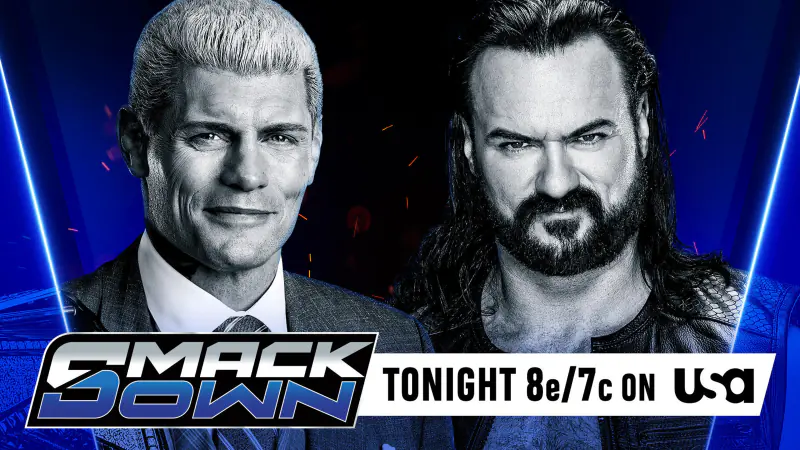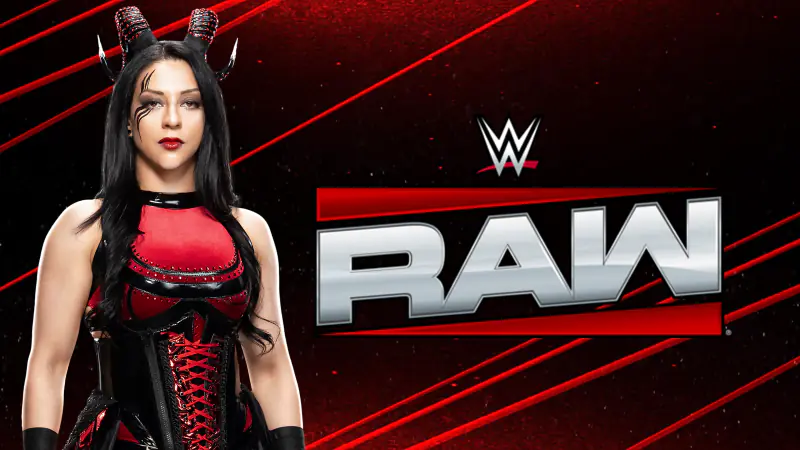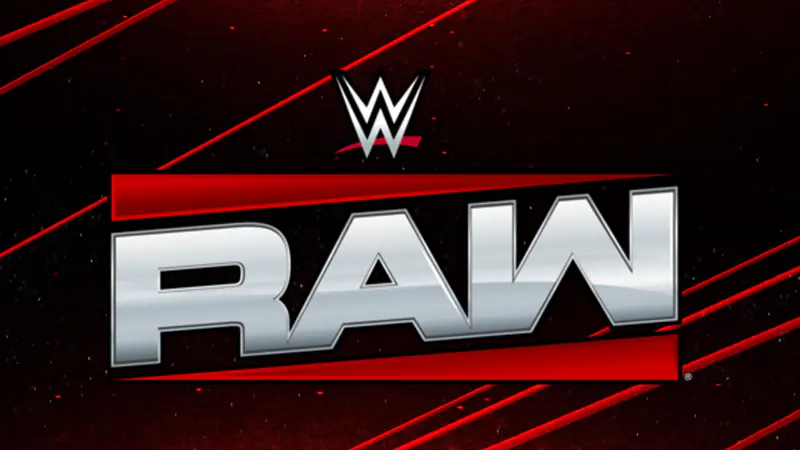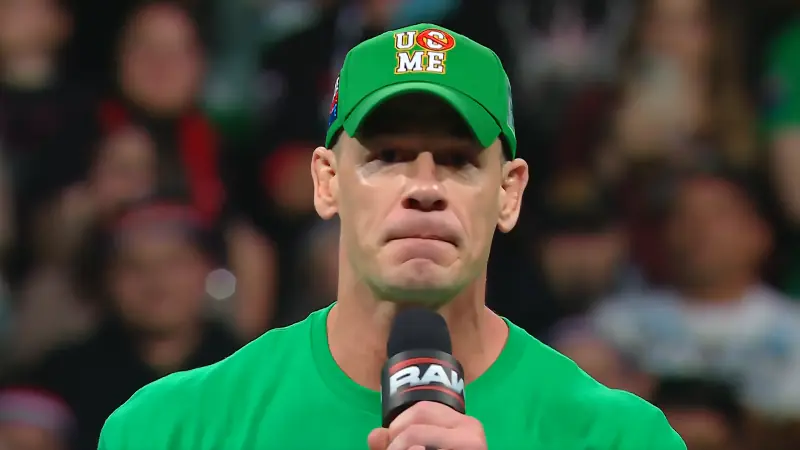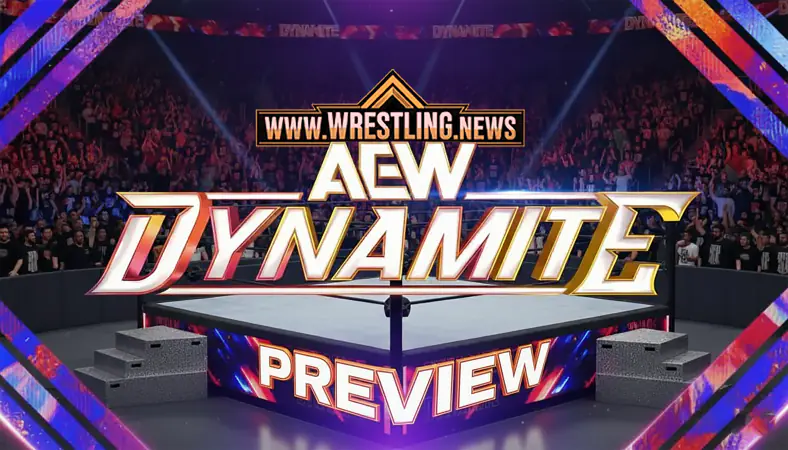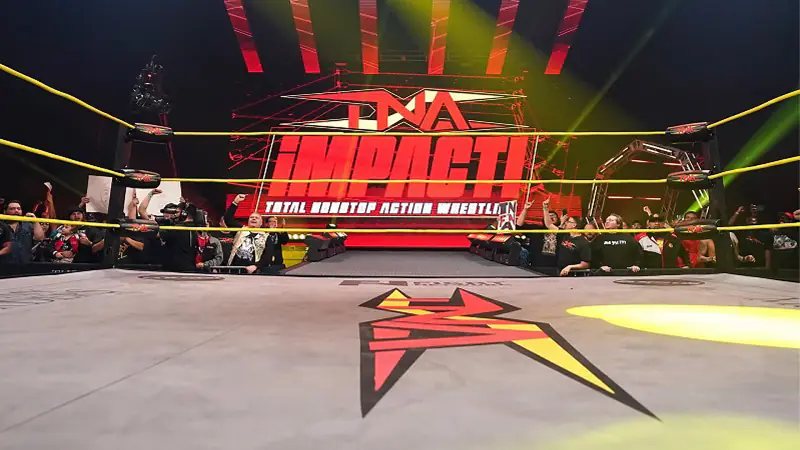Report: WWE’s Non-Compete Clause Under Fire as David Otunga Breaks Down Andrade Controversy

Ex-WWE star and Harvard-educated lawyer explains why WWE’s contract practices could face legal challenges
Former WWE star and lawyer David Otunga weighed in on WWE’s controversial “non-compete” clause following the recent situation with Andrade, who was released by WWE and quickly appeared on AEW programming. Otunga, who wrestled for WWE from 2009 to 2015 and is the only Harvard-educated lawyer in professional wrestling history, shared his legal perspective in a detailed discussion on YouTube.
👉 Tony Khan Speaks on Andrade's Status
The One-Year Non-Compete: What WWE Contracts Say
Otunga explained that WWE contracts include a “covenant not to compete”, which technically bars talent from working for a rival promotion for up to one year after leaving WWE. This includes prohibitions on performing, soliciting other WWE talent, or interfering with WWE business relationships.
In theory, this would mean Andrade, or any departing talent, could be blocked from working elsewhere without pay for an entire year. Historically, however, WWE has only enforced a 90-day non-compete, during which talent is still compensated. This ensures wrestlers can’t immediately appear on rival promotions, while also avoiding major legal challenges over the enforceability of an unpaid one-year ban.
Independent Contractor Contradictions
Otunga pointed out that WWE contracts also describe talent as independent contractors, granting them “sole control of the manner and means of performing [their] work.” In practice, this creates a contradiction: if talent is an independent contractor, should they not be free to work elsewhere?
“Talent shall have sole control over their character and what they create as an independent contractor,” Otunga noted, yet WWE often claims ownership of character rights, creating legal gray areas. These contradictions, combined with vague clauses, make enforcing an unpaid one-year non-compete legally questionable.
Termination & Morality Clauses
WWE contracts give the company the right to terminate talent at any time, for any reason, including moral clauses that cover anything potentially injurious to WWE’s image. Otunga explained that these clauses allow WWE to terminate a wrestler and theoretically enforce the one-year non-compete, even without compensation — a scenario he argues would likely fail in court, as preventing someone from earning a living without payment is generally unenforceable under labor law.
Why Now?
Otunga questioned why WWE is strictly enforcing the clause with Andrade, given that it has been in contracts for years and hasn’t been applied so aggressively before. “This is unprecedented. Non-competes are supposed to protect trade secrets, and Andrade doesn’t carry any,” Otunga said. He speculated the move might be strategic, possibly aimed at gaining leverage over AEW or setting up future high-profile returns like Edge vs. John Cena.
Wrestling.news | Backstage Take
The Andrade non-compete saga shines a light on WWE’s broader contractual tactics. While WWE has historically been careful to avoid lawsuits, enforcing a one-year unpaid non-compete could finally spark legal challenges. For wrestlers, it’s a stark reminder of how much control WWE maintains over its talent even after release — and how tricky it can be to navigate a career after leaving the company. Otunga’s insights suggest that Andrade’s situation may not just be about one star, but part of WWE’s larger chess game in wrestling business strategy.





